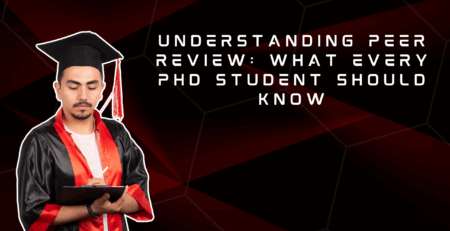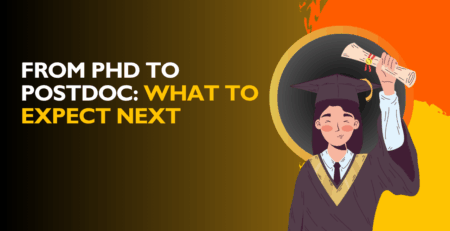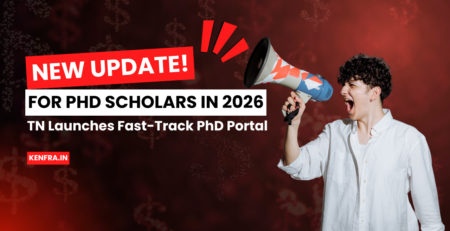‘Engg edu facing hurdles, needs a fresh look-in’
Kenfra Research2023-09-18T10:42:44+05:30Engg edu facing hurdles, needs a fresh look-in:
The statement “Engg edu facing hurdles, needs a fresh look-in” suggests that engineering education is encountering challenges and requires a reevaluation or overhaul. This could be due to various factors and issues within the field of engineering education. Here are some potential reasons why engineering education might be facing hurdles and in need of a fresh perspective.

Outdated Curriculum: Engineering education often follows traditional curricula that may not adequately prepare students for the rapidly evolving technological landscape. A fresh look at the curriculum might involve updating courses to include emerging technologies, interdisciplinary studies, and soft skills development.
Lack of Practical Experience: Many engineering programs focus heavily on theory, leaving students with limited hands-on experience. Incorporating more practical and real-world projects can better prepare students for their future careers.
Diversity and Inclusion: Engineering fields have historically lacked diversity. A fresh look at engineering education should address issues of inclusivity, equity, and diversity to ensure that opportunities are accessible to all students regardless of their background.
Industry Collaboration: There might be a need to strengthen ties between academic institutions and industry to ensure that engineering programs align with the demands of the job market. This could involve internships, cooperative programs, or industry partnerships.
Adaptive Learning: The traditional lecture-based model may not cater to all learning styles. Implementing adaptive learning technologies and techniques can personalize the educational experience and enhance student engagement.
Globalization: In an increasingly globalized world, engineering programs might need to incorporate international perspectives, global challenges, and cross-cultural collaboration into their curriculum.

7. Sustainability: Engineering education should also address the urgent need for sustainable solutions. This might entail integrating sustainability principles into engineering programs and promoting environmentally conscious engineering practices.
8. Ethical Considerations: With the rise of technology’s impact on society, ethics in engineering is paramount. A fresh look at engineering education should incorporate ethics courses and discussions to prepare students to make responsible decisions.
9. Mental Health and Well-being: The intense workload and pressure in engineering programs can take a toll on students’ mental health. Institutions should consider providing better support systems and promoting a healthy work-life balance.
10. Online Education: The COVID-19 pandemic accelerated the adoption of online learning. Engineering education needs to explore the advantages and challenges of online and hybrid learning models to increase accessibility and flexibility.
11. Assessment Methods: Traditional exams may not always accurately measure a student’s competency. Assessments could be diversified to include project-based assessments, portfolio evaluations, and other forms of evaluation.
12. Interdisciplinary Education: Engineering is increasingly interwoven with other fields like computer science, biology, and environmental science. A fresh look at engineering education should encourage interdisciplinary learning.
Engineering education is indeed facing several challenges, and a fresh perspective is needed to address these issues and better prepare students for the future. This may involve curriculum updates, increased collaboration with industry, a focus on diversity and inclusion, and a more holistic approach to education that includes practical experience, ethical considerations, and adaptability to a changing world.








Leave a Reply